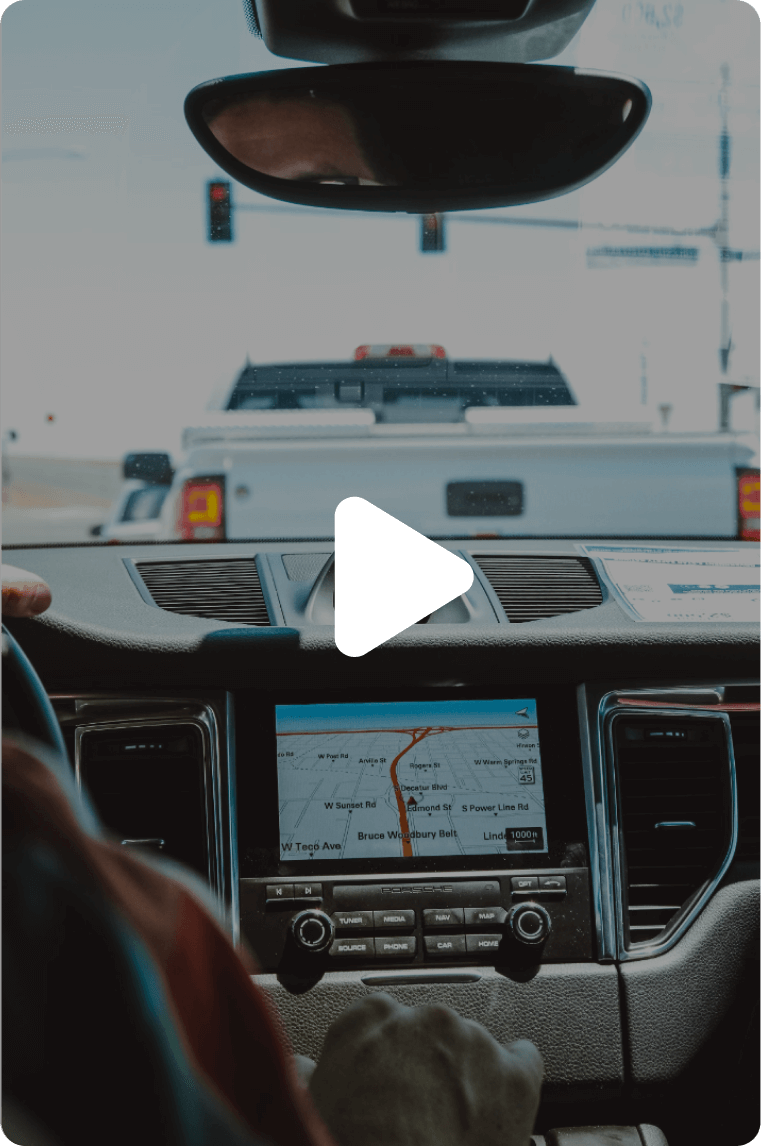Are There Any Specific Legal Duties A Property Owner Owes To Visitors?
When you step onto someone else’s property, whether it’s a shopping mall, a neighbor’s house, or a public park in Florida, there’s an unspoken expectation that you’re in a safe environment. But what happens when that safety is compromised, and you find yourself injured? Understanding the legal duties a property owner owes to visitors is crucial. At The Dash Cam Lawyer®, we’re here to guide you through these complexities with a blend of warmth and professionalism.
Property Owner’s Duty of Care in Florida
In the realm of personal injury law, one of the critical areas involves understanding the specific legal duties that property owners owe to visitors. These duties are crucial in determining liability in slip and fall accidents. The nature of these duties can vary based on the type of visitor and the jurisdiction, but general principles apply, particularly in Florida.
Types of Visitors:
- Invitees: These individuals enter the property for a purpose that benefits both the visitor and the property owner, such as a customer in a store. Property owners owe the highest duty of care to invitees. This includes:
- Regularly inspecting the property for potential hazards.
- Repairing known dangers or adequately warning visitors about them.
- Ensuring the property is safe for its intended use.
- Licensees: These are typically social guests who have the owner’s permission to be on the property but are there for their purposes. The duty owed to licensees includes:
- Warning them of any non-obvious, dangerous conditions the owner is aware of.
- Not willfully creating dangerous situations or acting with gross negligence.
- Trespassers: Generally, property owners owe the most minor duty of care to trespassers. In Florida, the primary duty is to refrain from willful or wanton harm. However, if the trespasser is a child, the property owner might be subject to a higher burden of care under the “attractive nuisance” doctrine, mainly if something on the property, like a swimming pool, might attract children.
Understanding ‘Negligence’ in Florida
A property owner becomes liable for your injuries if their negligence led to your accident. In Florida, this means proving that the owner knew or should have known about the hazardous condition and failed to take appropriate action. Remember, Florida follows a modified comparative negligence rule, which could affect your claim if you’re found partly responsible for the accident; if you’re more than 50% at fault, there’s no case.
Scenarios Where a Property Owner is Liable
A property owner’s liability is a central issue in personal injury law, particularly in premises liability cases. There are several scenarios where a property owner in Florida can be held liable for injuries on their property. These scenarios generally revolve around negligence – failing to take reasonable care to prevent foreseeable harm. Here are some examples:
- Failure to Fix Known Hazards: A property owner is aware of a hazardous condition on their property, such as a broken stairway, but fails to repair it promptly and adequately. The property owner can be held liable if someone is injured due to this known hazard. The critical factor here is the owner’s knowledge of the danger and their subsequent inaction.
- Inadequate Warnings: If a visitor is unaware of these hazards due to a lack of proper signage and gets injured, the property owner could be held responsible. The duty here is to adequately warn visitors of non-obvious dangers.
- Poor Maintenance: The property needs to be adequately maintained, leading to unsafe conditions. This could include uneven flooring, poor lighting, or broken handrails. General negligence in maintaining the property can be grounds for liability if it leads to an accident. Property owners are expected to conduct regular maintenance to ensure safety.
- Additional Considerations in Florida: Violations of local building codes or safety regulations can also be strong liability indicators. This applies particularly when children are involved. If an unsafe condition on a property, like an unsecured swimming pool, attracts a child injured, the property owner could be liable.
Practical Advice: If You’re Injured on Someone’s Property in Florida
- Report the Incident: Notify the property owner or manager immediately.
- Document Everything: Take photos of the hazard and your injuries. Get contact information from witnesses.
- Seek Medical Attention: A medical record is vital, even if injuries seem minor.
- Consult a Lawyer: Before dealing with insurance companies, talk to us, The Dash Cam Lawyer®, who understands Florida’s laws and can advocate for your rights.
Contact The Dash Cam Lawyer® Today
If you or a loved one has been injured on someone else’s property in Florida, it’s essential to understand your rights. Property owners have specific legal duties; you deserve compensation for your injuries when they fail to meet these. Contact The Dash Cam Lawyer®, at 561-DASHCAM or online for a free consultation. We’re here to help you get the justice and compensation you deserve.
Start Your Free
Consultation Today
Call us or complete the form below.
We'll keep your information confidential.
Lake Worth Office
Belle Glade Office
By appointment only
Download Our Personal Injury App Today
Our app serves as a checklist for any type of injury and is especially beneficial at the scene of the accident - like having a personal injury attorney there with you!

